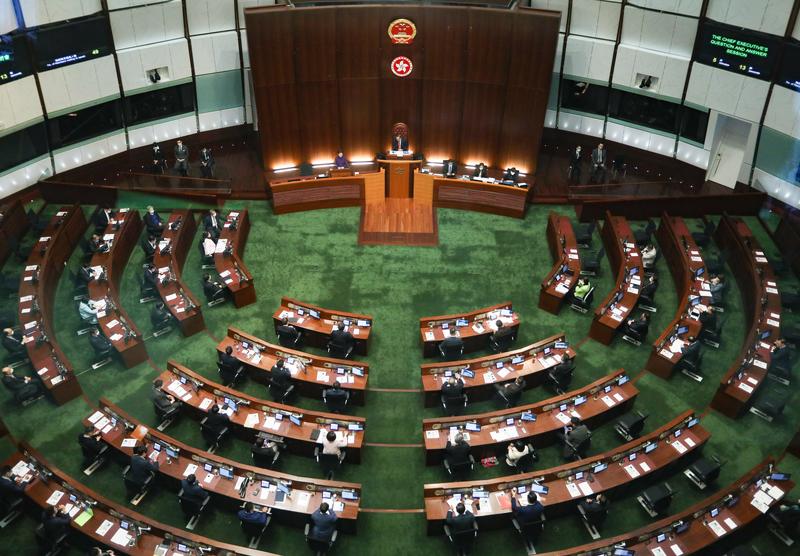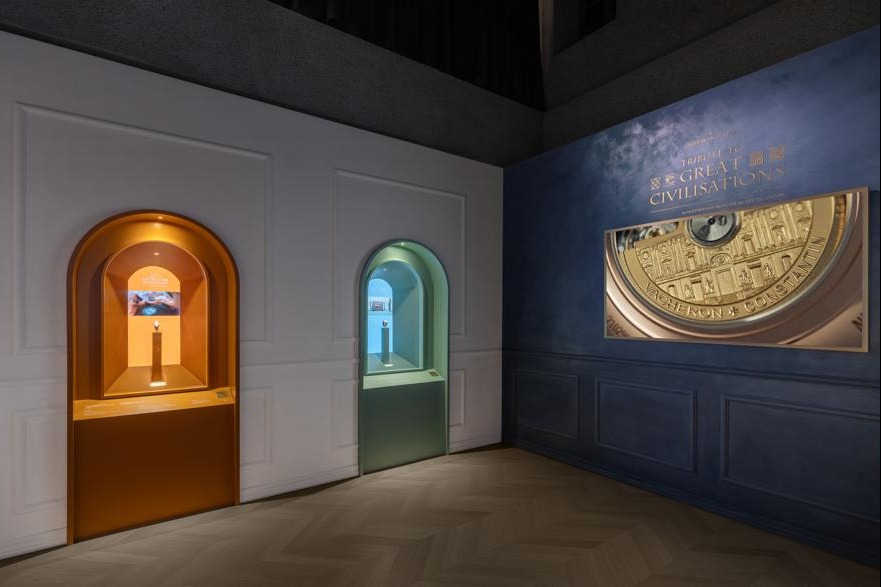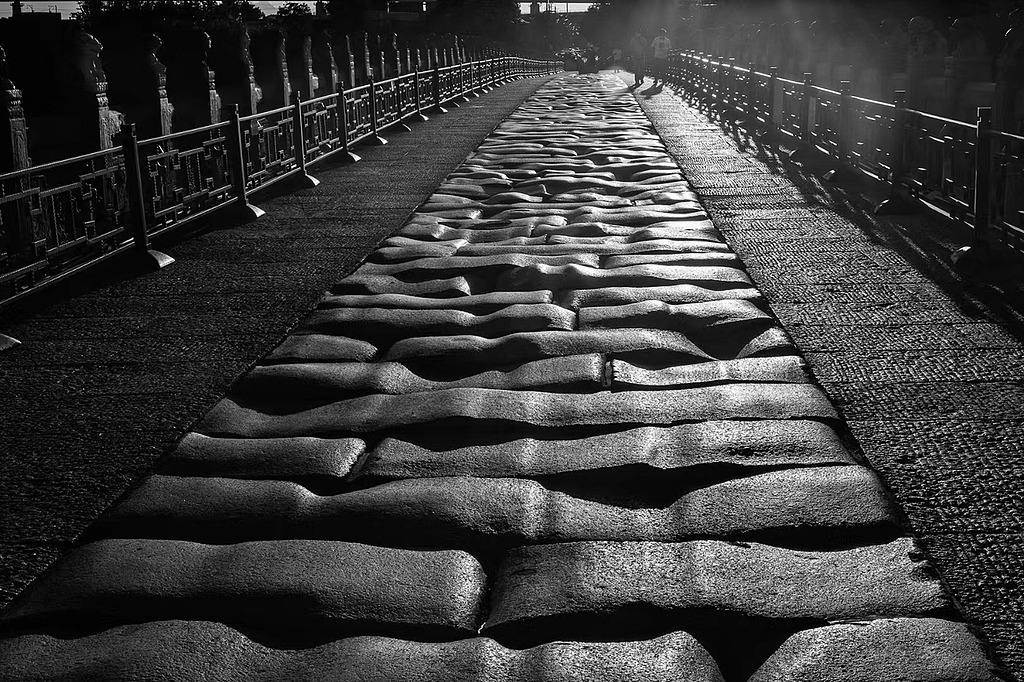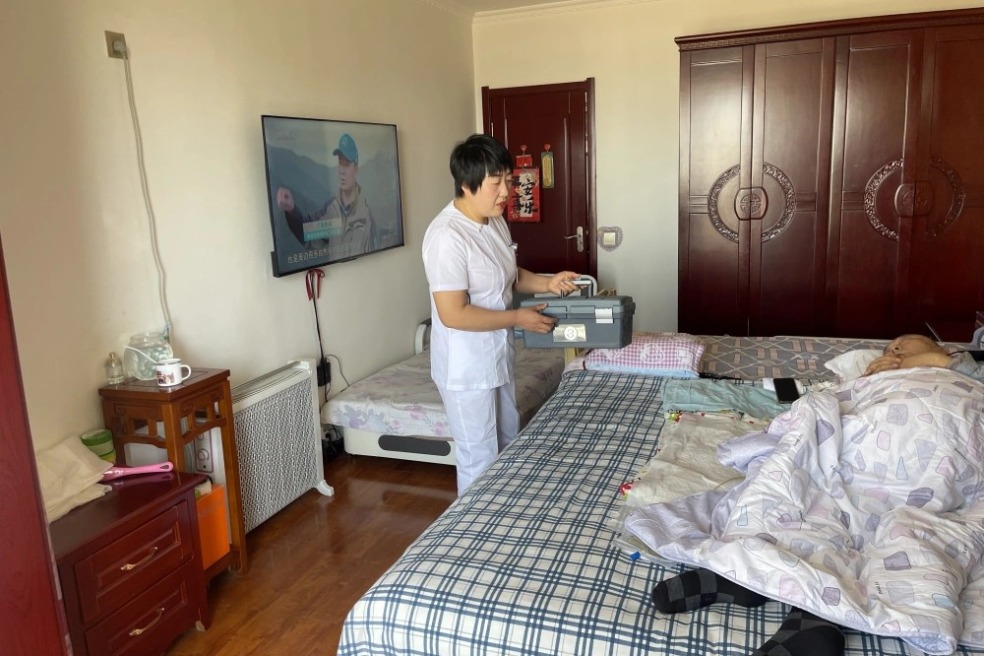Independent judiciary, legal fraternity key to HKSAR's legal system


The common law legal system in the Hong Kong Special Administrative Region is underpinned by an independent judiciary and a strong and independent legal fraternity that comprises two branches-barristers (around 1,600) and solicitors (around 11,000). Both branches of the profession are obliged to provide professional, frank and impartial advice to their clients.
Of particular interest is the "cab-rank rule" for barristers, which means they must take up any case that comes their way. For this reason, the legal profession does not distinguish or categorize a case as sensitive or otherwise, as it is their professional duty to provide legal services, independently and without fear or favor, when called upon to do so.
Those who are not able to segregate their personal preferences or political views when handling cases or providing legal advice will not be serving the interests of justice or upholding the rule of law. Similarly, those who refuse to take on a matter simply because it is sensitive to them are unbecoming of a barrister and may violate the code of conduct of the bar.
The provision of honest, impartial and professional legal services by solicitors and barristers underpins Hong Kong's legal system. This bedrock has never been shaken, notwithstanding some bad faith or misinformed reports suggesting otherwise.
The Legislative Council, the lawmaking body of Hong Kong, has always included members with a legal background. There were 12 members with a legal background in the sixth-term Legislative Council. After the improvement to the electoral system in Hong Kong in 2021, there are now 14 members with a legal background in the seventh-term Legislative Council. This simple comparison illustrates that after the improvement to the system, broader and more balanced representation has been achieved.
While lawyers acting professionally are pivotal to the legal system, they are not treated any differently should they be brought before the law. Article 25 of the Basic Law of the Hong Kong SAR guarantees equality before the law for all. Hence, it is only natural that, be they politicians or legal representatives in cases, if a lawyer violates the law, he or she will face the same legal consequences as all others.
The other core element of the legal system is the independent judiciary. Suggestions that Hong Kong's independent judiciary has disappeared is not only baseless but ridiculous. The laws of Hong Kong (both legislations and case law) are freely available online; the process of the court is transparent, and due process always observed. Legislation applicable to Hong Kong, including the National Security Law, is drafted with certainty and clarity. Courts apply the statutes fairly and offer explanations through case laws under the common law system.
In addition, there is adherence to the procedural guarantees on fairness of the legal process, which may at times necessitate more time and interlocutory hearings, but these are all safeguards to the parties' rights under the laws of Hong Kong that must be observed.
"For those who are interested in finding out how the constitutional guarantee on judicial independence in Hong Kong is practiced on the ground, our court hearings are open to the public, our judicial decisions are publicly announced, and the courts' reasons are published for everyone to study," the chief justice of the Court of Final Appeal said at the ceremonial opening of Legal Year 2022.
The infrastructure that guarantees judicial independence is mainly set out in the Basic Law: the security of tenure, the immunity of judges and Article 85, which guarantees judicial independence, free from any interference. These safeguards ensure that judges, who took the judicial oath upon their appointment, will administer justice without fear or favor and without bias, based only on the law and evidence before them.
Hong Kong's common law provides a solid foundation for the capitalist system practiced in Hong Kong under the "one country, two systems "policy. One of the major advantages of the common law is that it is largely doctrinal but capable of adapting to societal values and changing circumstances, thus providing certainty and predictability but also the flexibility to deal with businesses' changing needs by creating a favorable commercial-friendly environment.
The common law is the cornerstone of Hong Kong's status as an international financial center and an international legal and dispute resolution hub, supporting the capitalist system under "one country, two systems". Xia Baolong, vice-chairman of the National Committee of the Chinese People's Political Consultative Conference and director of the Hong Kong and Macao Affairs Office of the State Council, was recently quoted as saying that "one country, two systems" will remain unchanged throughout the stipulated 50 years (through 2047) and, after that, it will not be necessary to change it. He therefore reaffirmed its steadfast and successful implementation and stressed that common law and the legal system in Hong Kong would also remain unchanged.
Xia has reiterated the unequivocal support and stern determination repeatedly expressed by President Xi Jinping and various leaders of the central government over the implementation of "one country, two systems".
His remarks were justified and informed.
First of all, Article 5 of the Basic Law guarantees that Hong Kong will retain the capitalist system and way of life for 50 years. It does not mean that this will cease thereafter. Second, as a matter of common sense, if "one country, two systems" functions effectively and serves the Chinese mainland and Hong Kong well, there is no reason for it to change. Third, as can be seen in the discussions surrounding the formulation and implementation of "one country, two systems", and as stated by Deng Xiaoping, 50 years was just "a figure of speech", and "for the first 50 years it cannot be changed, and after that, it would not be necessary to change".
Hong Kong is the only jurisdiction in the world that has a truly bilingual common law system-English and Chinese-and is the only common law jurisdiction in China. If we are able to uphold, honor and respect the fundamental precondition of "one country", the two systems underpinned by the common law will continue.
The author is secretary for justice of the Hong Kong SAR. The views do not necessarily reflect those of China Daily.
- Experts sharpen focus on new frontiers of AI
- Swiss watchmakers celebrate birthday with Shanghai exhibition
- Documents dating to Japan's bacteriological war in China released in Guangzhou
- Former Namibian President: China's contributions will always be bigger than many other countries
- Government program launched to assist China's young job seekers
- Student dorm AC installations fast-tracked in Shandong




































